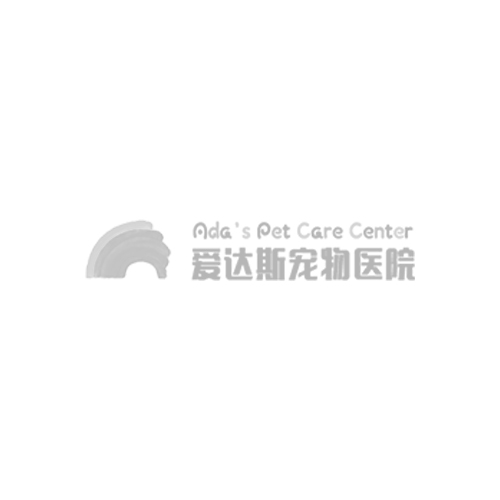Bark to Basics: Defining Canine Care at Every Life Stage
本站
2024/7/14 12:09:32
The AAHA Canine Life Stage Guidelines help veterinary professionals understand and manage the five stages of a dog’s lifespan. These guidelines offer invaluable insights into the specific needs and considerations at each developmental phase, from puppyhood to the senior years. Look to these guidelines for strategies to support optimal health and wellbeing in dogs throughout their lives.
Key Points from the Canine Life Stage Guidelines:
Puppy:
Emphasis on proper nutrition tailored to support rapid growth and development
Vaccination protocols to protect against common diseases
Socialization techniques to promote positive behaviors and reduce anxiety
Young Adult:
Transition to adult diet while monitoring growth rate
Continued vaccination and preventive care
Training reinforcement for obedience and manners
Focus on maintaining ideal body condition and preventing obesity
Regular dental care to prevent periodontal disease
Screening for early signs of chronic conditions such as arthritis
Mature Adult (7-10 years):
Adjustments in diet and exercise to accommodate changes in metabolism
Monitoring for age-related health issues such as cognitive decline
Regular veterinary visits to address emerging health concerns
Senior (10+ years):
Specialized diets to support aging organs and joint health
Increased frequency of wellness exams and diagnostic screenings
Palliative care considerations for managing chronic conditions and maintaining quality of life
All Ages
Thorough physical exam should include the 5 vital assessments: TPR, pain, and nutritional assessment (which includes body weight, BCS/MCS)
Transportation advice – safety (restraint), motion sickness, anxiety
Boarding/grooming advice
Consult about any current medications and supplements, nutraceuticals, herbs
Frequency visit recommendations
Provide or recommend appropriate client education online resources
Key Points from the Canine Life Stage Guidelines:
Puppy:
Emphasis on proper nutrition tailored to support rapid growth and development
Vaccination protocols to protect against common diseases
Socialization techniques to promote positive behaviors and reduce anxiety
Young Adult:
Transition to adult diet while monitoring growth rate
Continued vaccination and preventive care
Training reinforcement for obedience and manners
Focus on maintaining ideal body condition and preventing obesity
Regular dental care to prevent periodontal disease
Screening for early signs of chronic conditions such as arthritis
Mature Adult (7-10 years):
Adjustments in diet and exercise to accommodate changes in metabolism
Monitoring for age-related health issues such as cognitive decline
Regular veterinary visits to address emerging health concerns
Senior (10+ years):
Specialized diets to support aging organs and joint health
Increased frequency of wellness exams and diagnostic screenings
Palliative care considerations for managing chronic conditions and maintaining quality of life
All Ages
Thorough physical exam should include the 5 vital assessments: TPR, pain, and nutritional assessment (which includes body weight, BCS/MCS)
Transportation advice – safety (restraint), motion sickness, anxiety
Boarding/grooming advice
Consult about any current medications and supplements, nutraceuticals, herbs
Frequency visit recommendations
Provide or recommend appropriate client education online resources

















